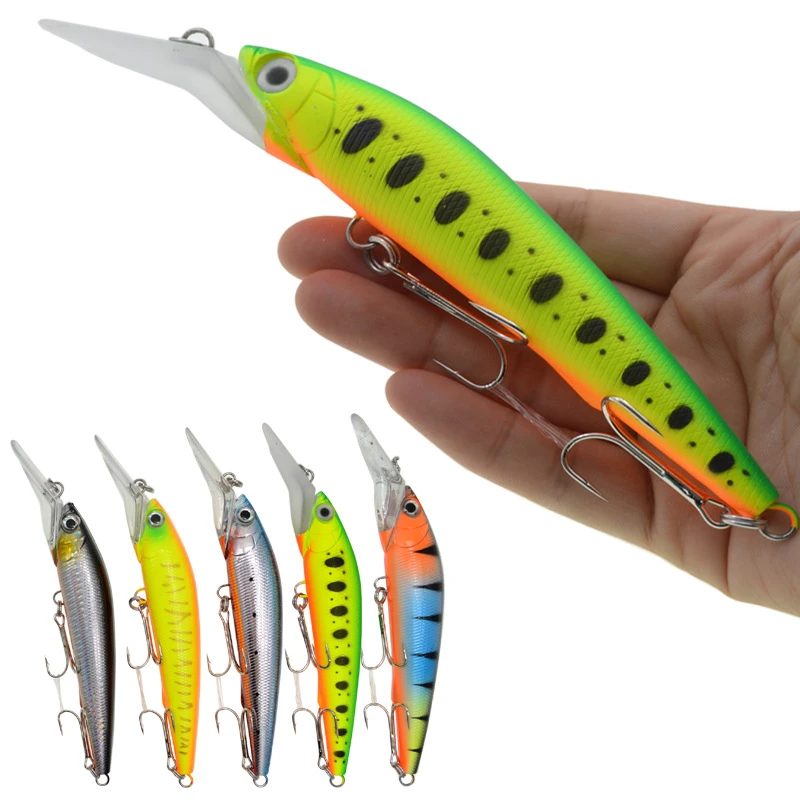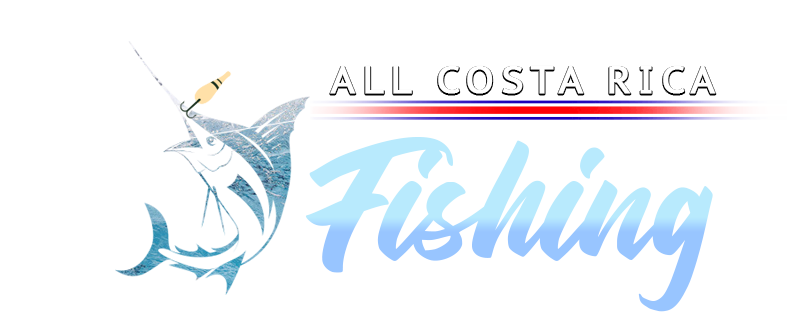
Selecting the Right Bait For Sport Fishing
Sport fishing in Costa Rica is a popular activity that draws thousands of visitors each year to the country’s beautiful coastline.
To ensure a successful experience, it is important to choose the right bait for the particular conditions and type of fish you are hoping to catch.
The following guide will help you determine the best bait for sport fishing in Costa Rica.
The first step in selecting the right bait is to consider what type of fish you are targeting.
Different species prefer different types of bait, so knowing specifically what species you are fishing for can help you make an informed decision.
For instance, if you are looking to catch snapper, using baits such as squid or shrimp will be more successful than using artificial lures or other baits that they may not recognize as readily.
The type of fish for sport fishing in Costa Rica will vary depending on the region and season.
Some of the most commonly caught species include snapper, grouper, roosterfish, and sailfish.
During the rainy season, it is possible to catch tarpon, barracuda, jack crevalle, and amberjack.
No matter which species you are hoping to target, there are a few options that can help you get the best results:
Live Bait
Live bait such as worms, shrimp, or crabs can be very effective when targeting certain types of fish.
The movement of the bait in the water mimics that of a live prey item and can attract larger fish that would otherwise remain hidden.
Lures
Various types of artificial lures are available to anglers who prefer not to use live bait.
These lures may come in the form of spoons or jigs and range from brightly-colored plastic lures to ones made with feathers or hair.
Different colors and sizes can be used depending on the type of fish being targeted.
Natural Baits
Natural baits such as squid strips or chunks of cut baitfish are also commonly used in saltwater fishing.
These baits tend to attract a variety of predators due to their scent trails in the water.
It is important to note that smaller baits will often attract smaller fish while large baits will bring out bigger specimens.
No matter which type of bait you choose for sport fishing in Costa Rica, it is important to remember that practice makes perfect!
With patience and persistence, you should be able to find success when trying any one of these techniques.
In addition to considering the type of fish, it is also important to think about when and where you will be fishing in Costa Rica.
Different regions have different water temperatures, which can affect the availability and effectiveness of certain baits.
For example, if you are fishing in an area with warmer waters, live bait such as minnows may work better than artificial lures since larger fish tend to be more active in warmer waters and can sense live prey easier than an artificial lure.
The type of equipment used is also important when selecting a bait for sport fishing in Costa Rica.
If you’re going with traditional rod-and-reel equipment, then heavy rigs with multiple hooks would be ideal for catching larger species such as tarpon or tuna while lighter rigs with fewer hooks would be sufficient for smaller species like snapper or mackerels.
Additionally, fly-fishing requires specialized tackle that can accommodate light lines and small flies like streamers or poppers that imitate small insects or other aquatic prey items desired by predatory species like bass or pike.
Finally, your personal preference should also factor into your decision when choosing a particular bait for sport fishing in Costa Rica.
Many experienced anglers find success using traditional techniques such as cranking lures on spinning reels or trolling for large gamefish with live baits like mullet heads on downriggers fitted with weight lines and spreader bars – both effective methods proven to attract predators from wide areas giving them several opportunities at trophy catches from offshore locations around the country’s coastline .
No matter which method you choose however – whether it’s casting plugs from shorelines or trolling spoons off deep sea points – having knowledge about local fisheries and understanding which types of baits work best under different conditions will ensure a successful sports fishing adventure during your trip to Costa Rica!
